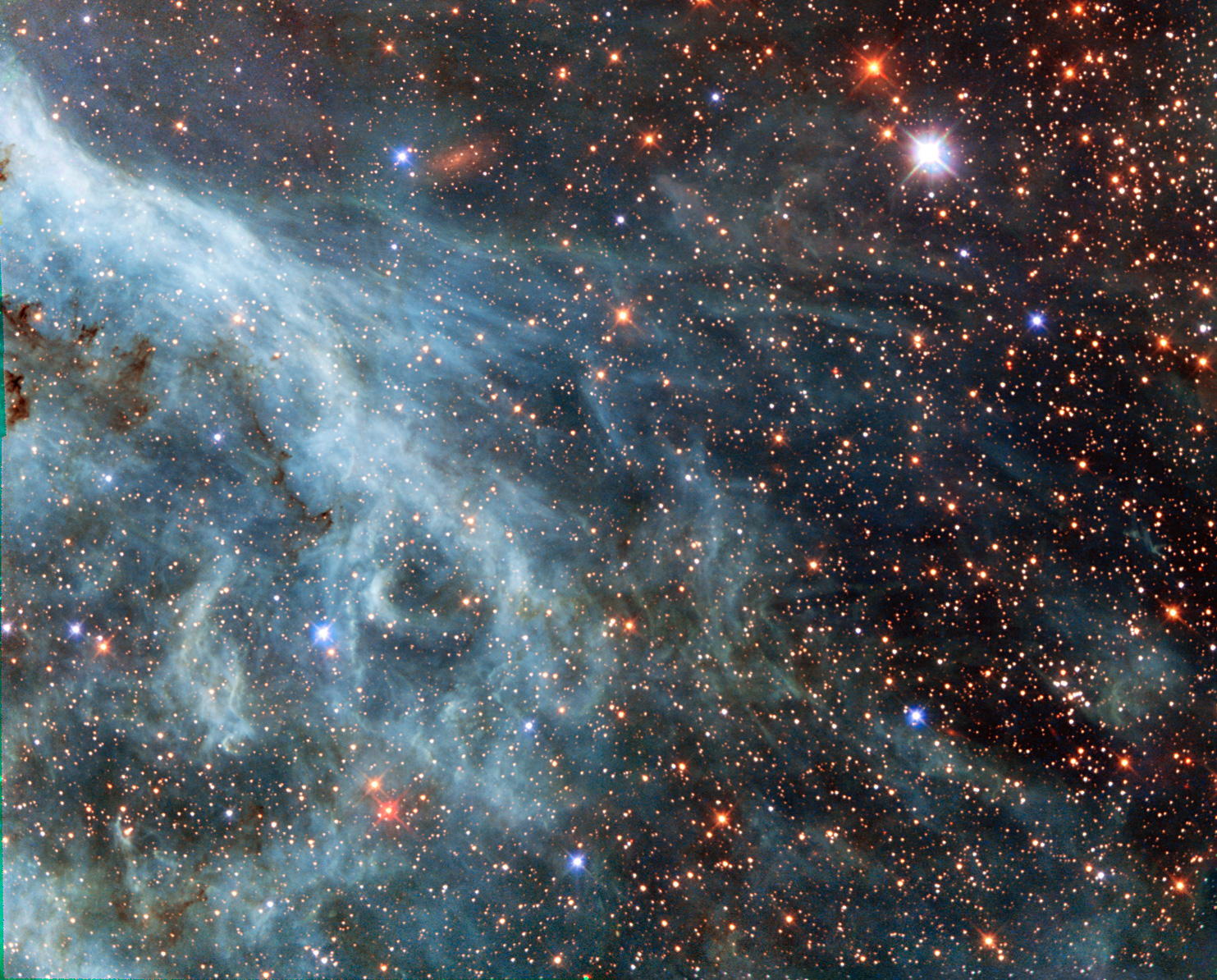
An astronomer has said that while we could find life outside of Earth, it is unlikely that it would be intelligent or multi-cellular. Dr Robin Catchpole, who teaches at the Institute of Astronomy in Cambridge, and was a senior astronomer at the Royal Observatory, said that over the past few decades scientists have slowly become more open to the idea of life existing elsewhere in the universe too. “In our solar system I think there’s every chance that we will find things like bacteria - life at that level somewhere else. Multi-celled life, I think, is unlikely,” News24 quoted Catchpole as saying. “There’s almost a sort of philosophical point that we don’t see ourselves as unique in the universe perhaps in the way that we used to,” he said. “In the last 100 years since Darwin really we’ve seen that we are related to all the other living things. So we would expect not only to find ourselves, of course, but we would expect and anticipate finding life elsewhere,” he added. Technology has allowed astronomers to explore more of the universe and radio telescopes, in particular, have assisted in expanding knowledge. "With radio telescopes we’ve discovered evidence of molecules - the basic precursors of life - all over the place in interstellar clouds. The more we look, the more we find," said Catchpole. In the past, it was thought that planets around stars were a rare phenomenon, but advances in astronomy have shown that not only are planets common, they are even present around binary stars. “Indeed, work done in South Africa itself is helping to find planets around stars and we think now they’re probably the rule, rather than the exception," Catchpole said. “It was really the technology that led us to discover the first planets because, in very rare cases, we don’t observe the planet itself,” he added. Source: Hindustan Times, Image: flickr.com
